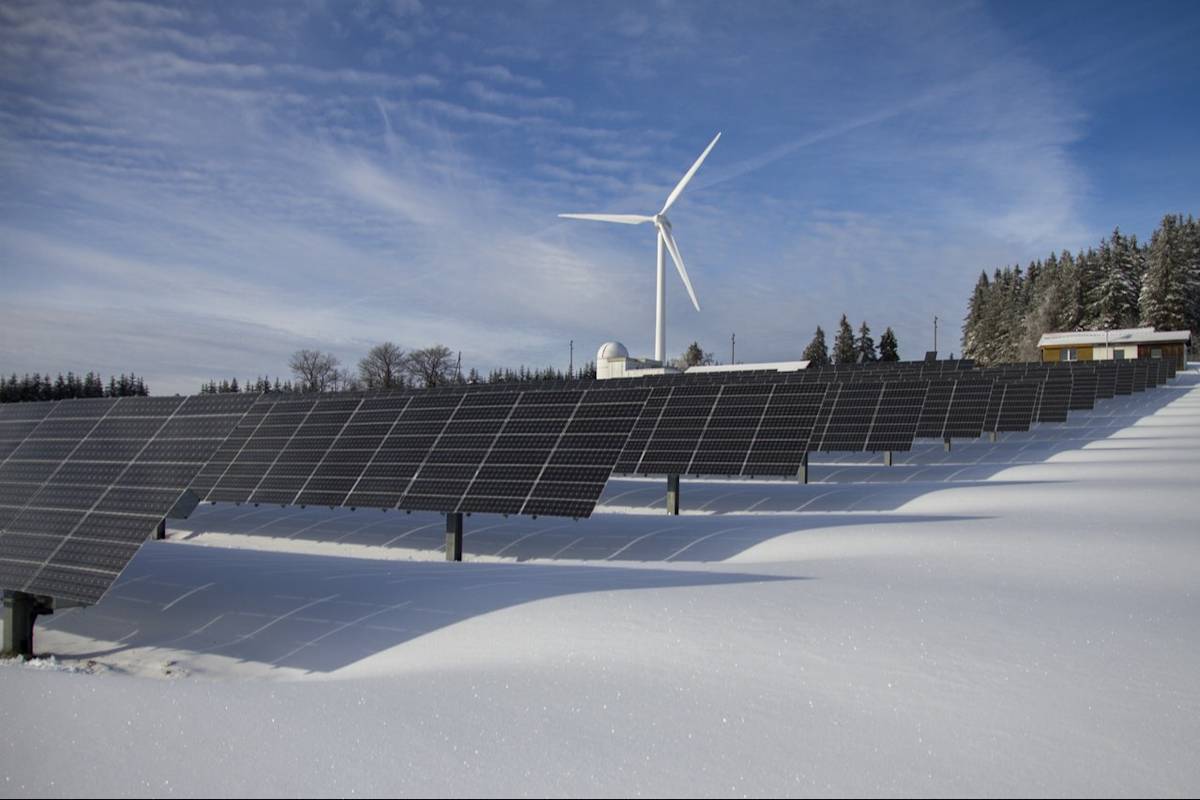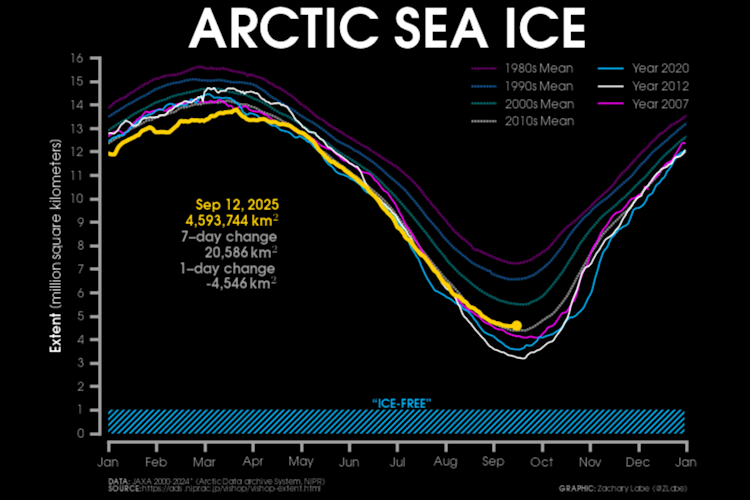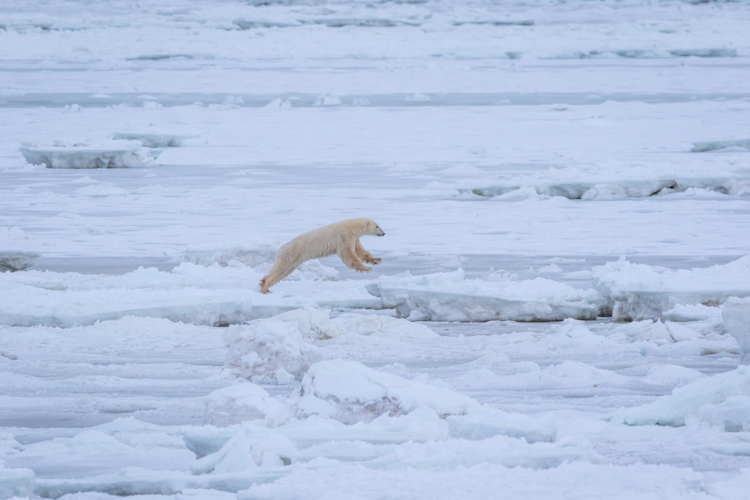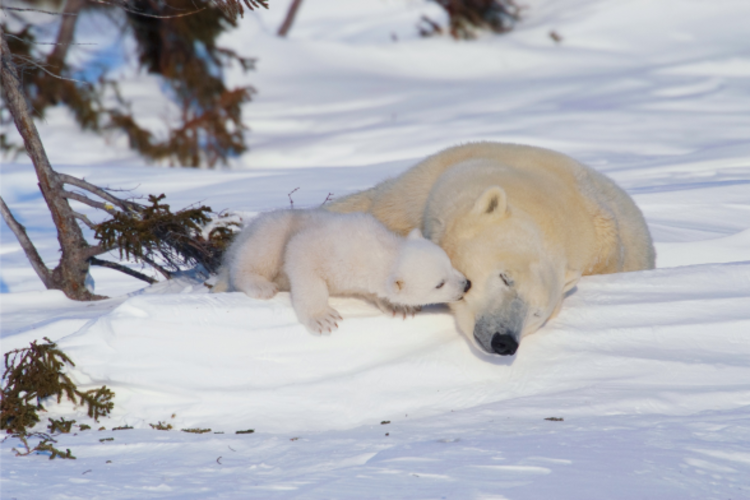Sea ice is a complex and vitally important part of the Arctic ecosystem and one of the most ethereal parts of our planet. But as climate change heats up the Arctic, the sea ice that polar bears rely on is melting, with critical impacts that extend well beyond the bears to our own backyards.
The threat of climate change is something we all have in common. Each of us reacts differently to this challenge—some may experience denial or numbing. Others may feel anger or despair.
Talking about it is the first step to acknowledging our shared challenge, making room to imagine other possibilities, and sparking the will to act. Discussing climate change with friends and family leads to more people learning about climate science. Acceptance of climate science leads to more conversation.
People who talk about climate change with family and friends are more likely to see climate change as a risk, and support policies to reduce it. When we feel like people in our social networks share our pro-environmental values, there is less of a sense of panic, and more hope for the future.
Here are a few tips for having these important conversations:
Focus on what you share, not on facts. There are myriad ways why climate change matters, but not all will motivate people to act—and some will turn them off. Beginning with shared values offers natural openings for talking about climate change. Instead of bombarding people with facts, try grounding these conversations in what connects you to the other person—whether it’s skiing, a local extreme weather event, national security, or children and grandchildren. Then connect the dots between what you both care about and a changing climate.
Show respect for the other person’s experiences by actively listening in the conversation. Ask questions and talk about their concerns. Interacting from a place of mutual respect will help you maintain a more honest and open dialogue. Your goal isn’t to win an argument, but to engage in a conversation where both sides feel like they can participate calmly and openly.
Don’t pretend to have all the answers. You don’t need to understand complex climate models or all the proposed solutions to talk about the changes we are seeing in our climate in a meaningful way. The point is simply to talk about the issue and share concerns instead of avoiding them. By making climate change an everyday topic, you’ll be empowering your friends, family, and community, and ensuring that caring for the environment and the need to change systems feels less overwhelming and isolating.
Concern for our climate is normal, and action on climate is happening all around us. Talking about climate change may sound small, but it is incredibly important. If we can’t converse about this shared challenge, we can’t address it. Open conversations about climate change are critical building blocks toward larger policy solutions, collective action, and a brighter future for all of us. We can come together as a community to address climate change, and help the decision-making context, so that the sustainable choice is the easy choice for more people.
Want to learn more? Visit our Talk About It page.

















